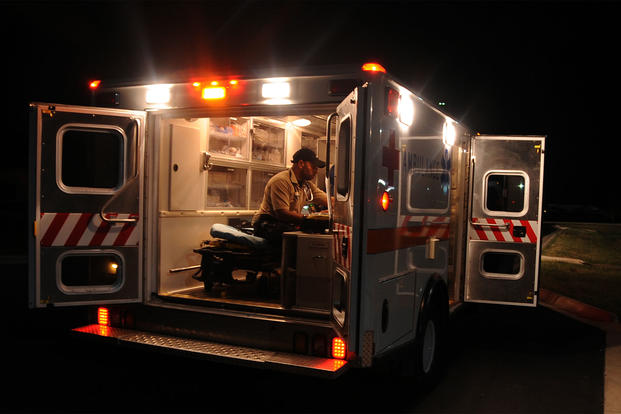Military family emergency leave is absolutely available for family emergencies. Unfortunately, the Department of Defense does not consider giving birth to be an emergency unless your life or the life of the baby is suddenly in danger.
So when can a service member get emergency leave? Whether a situation at home warrants emergency leave and -- when the service member is not at his duty station -- transport back is ultimately up to his or her commander.
Generally speaking, military family emergency leave is given only if a direct family member -- such as a mother, father, wife, child or sibling -- dies, is seriously injured or has another type of major medical emergency. Emergency leave may also be granted for catastrophic life events.
In our experience, the types of events that warrant emergency leave depend on whether the service member is already at home. For example, if a service member is not deployed, he might be given leave from his home duty station to visit a very sick family member. But if he is deployed and must be sent stateside for the emergency, the leave might be denied.
Even if the service member is not granted military family emergency leave, he or she can still use the emergency Red Cross message system. That system is used to give official notification of events that often do result in leave, such as the death of a family member. But it is also used to pass down official notification of other urgent messages, such as the birth of a child.
Doing so ensures that your service member gets word that your child was born even if he is on patrol or away from normal communications for a few days.
Keep Up with the Ins and Outs of Military Life
For the latest military news and tips on military family benefits and more, subscribe to Military.com and have the information you need delivered directly to your inbox.




















